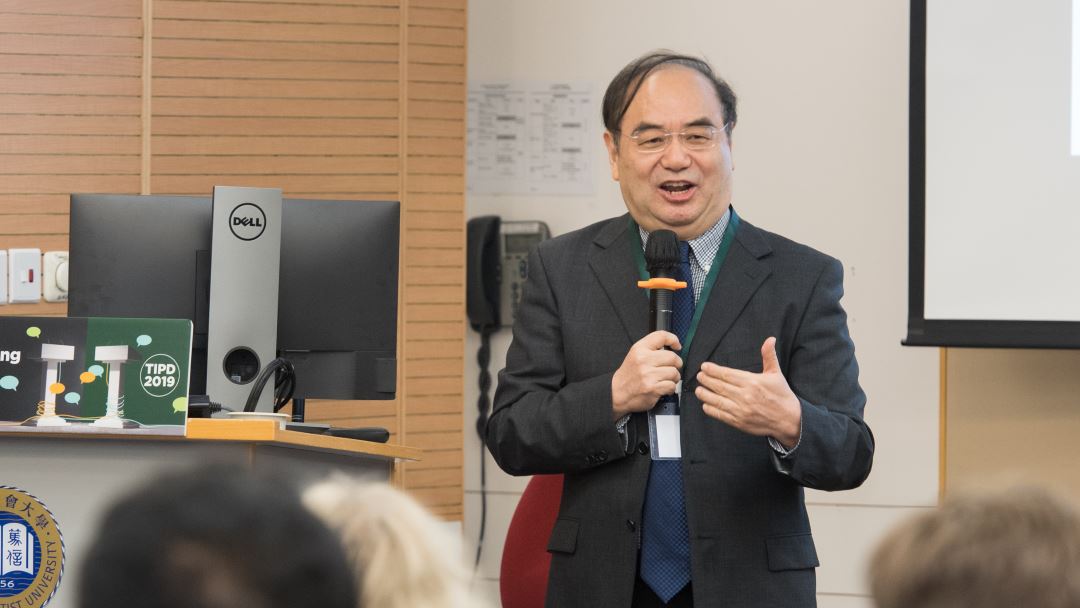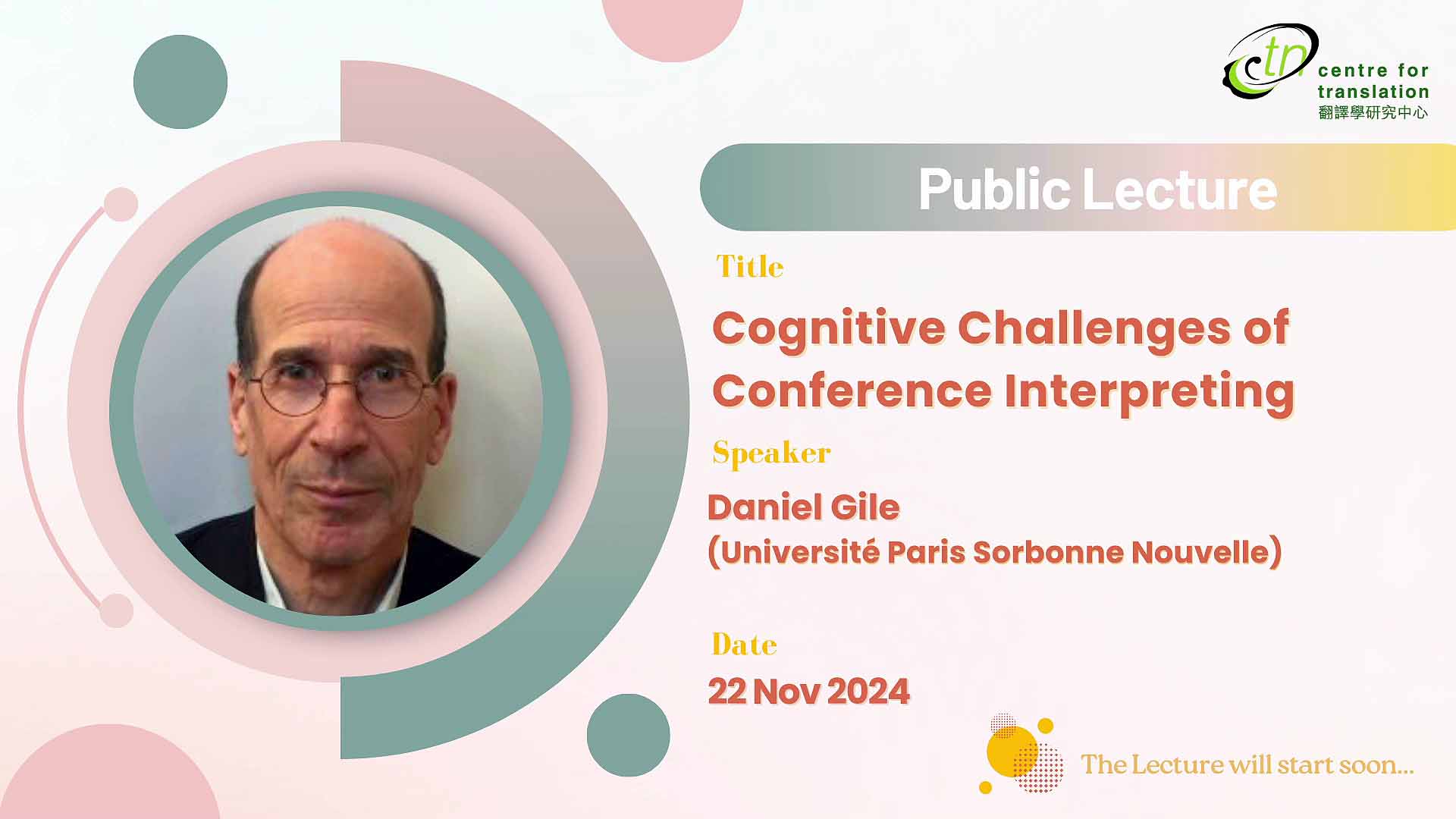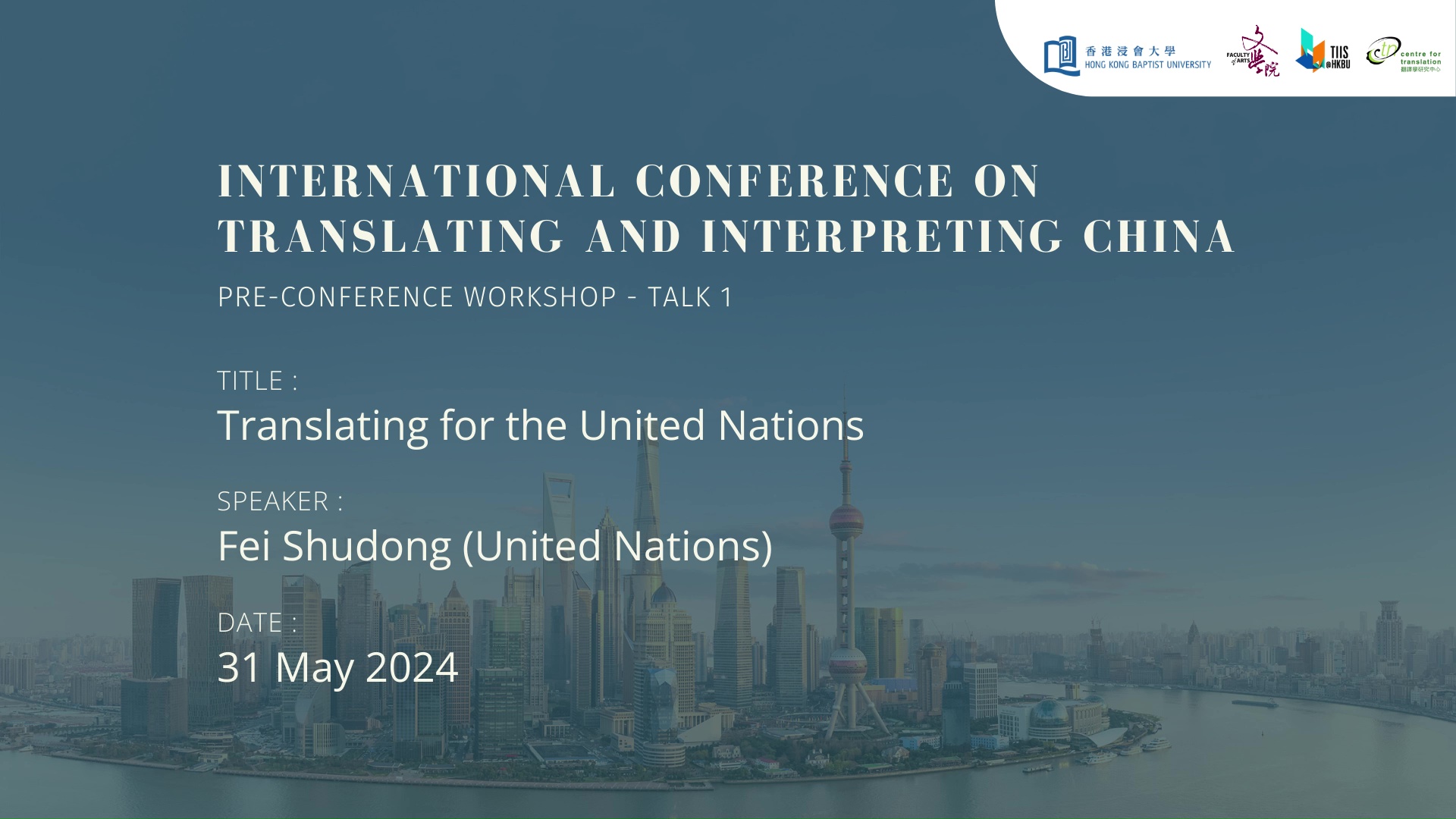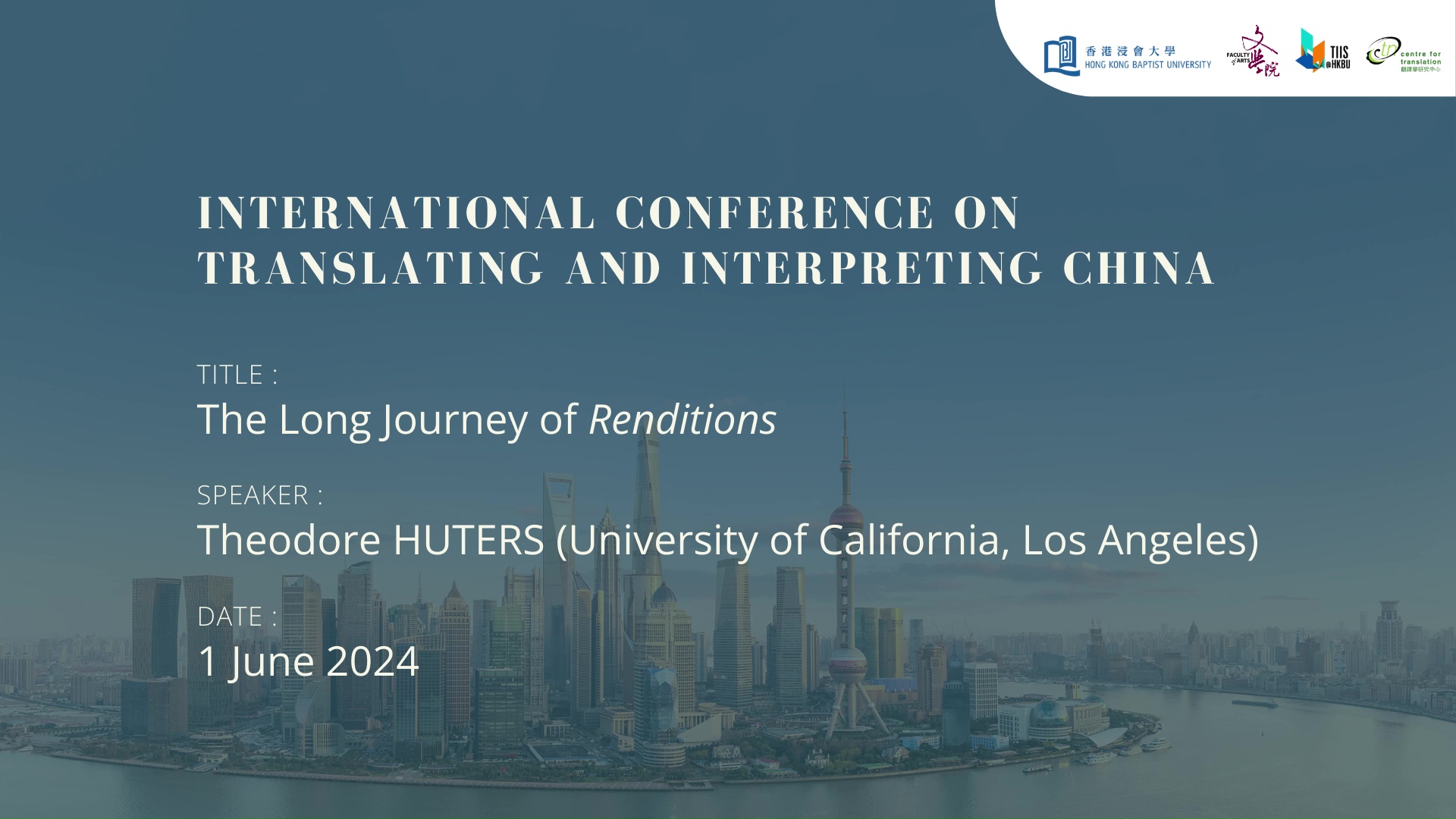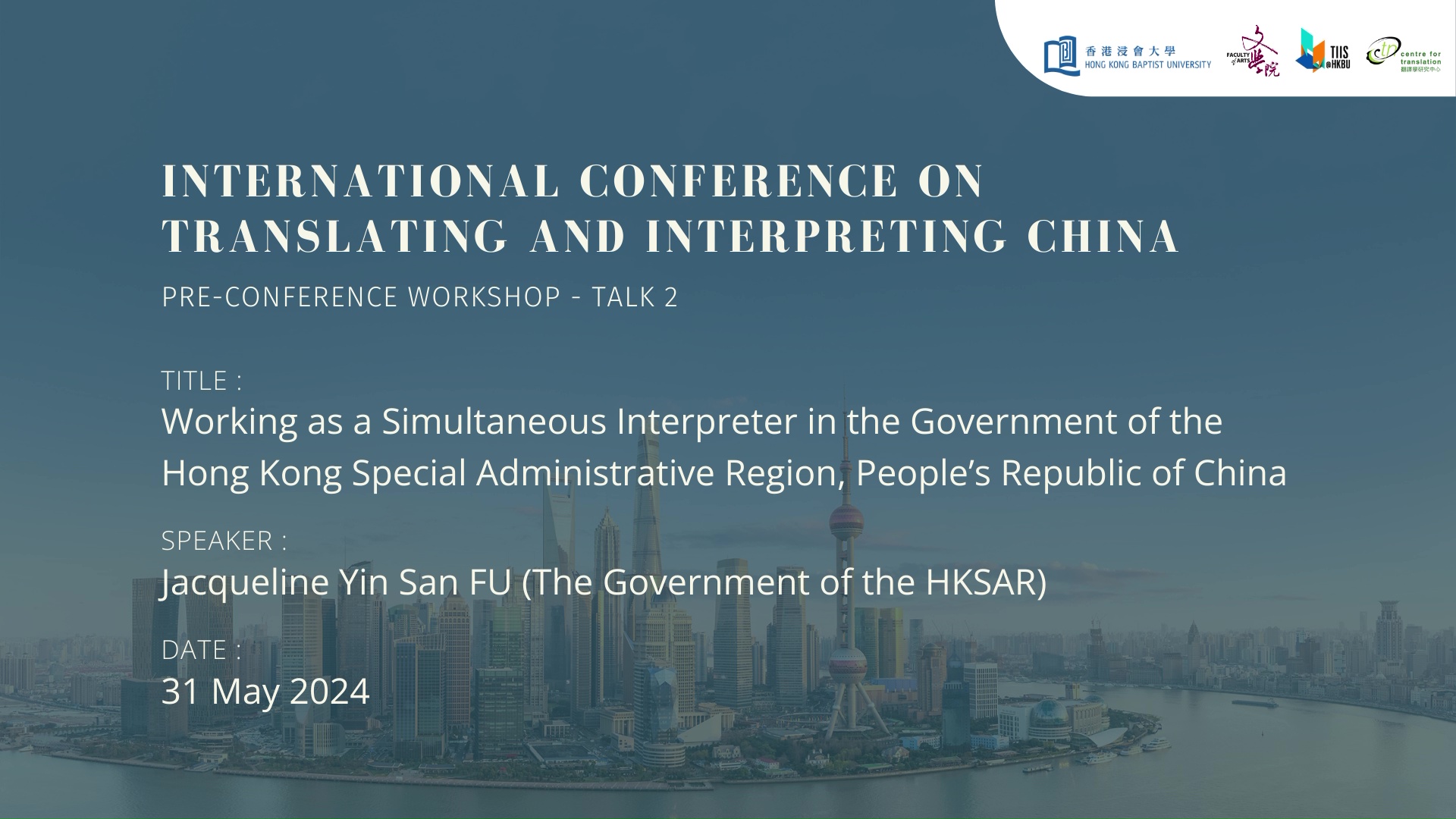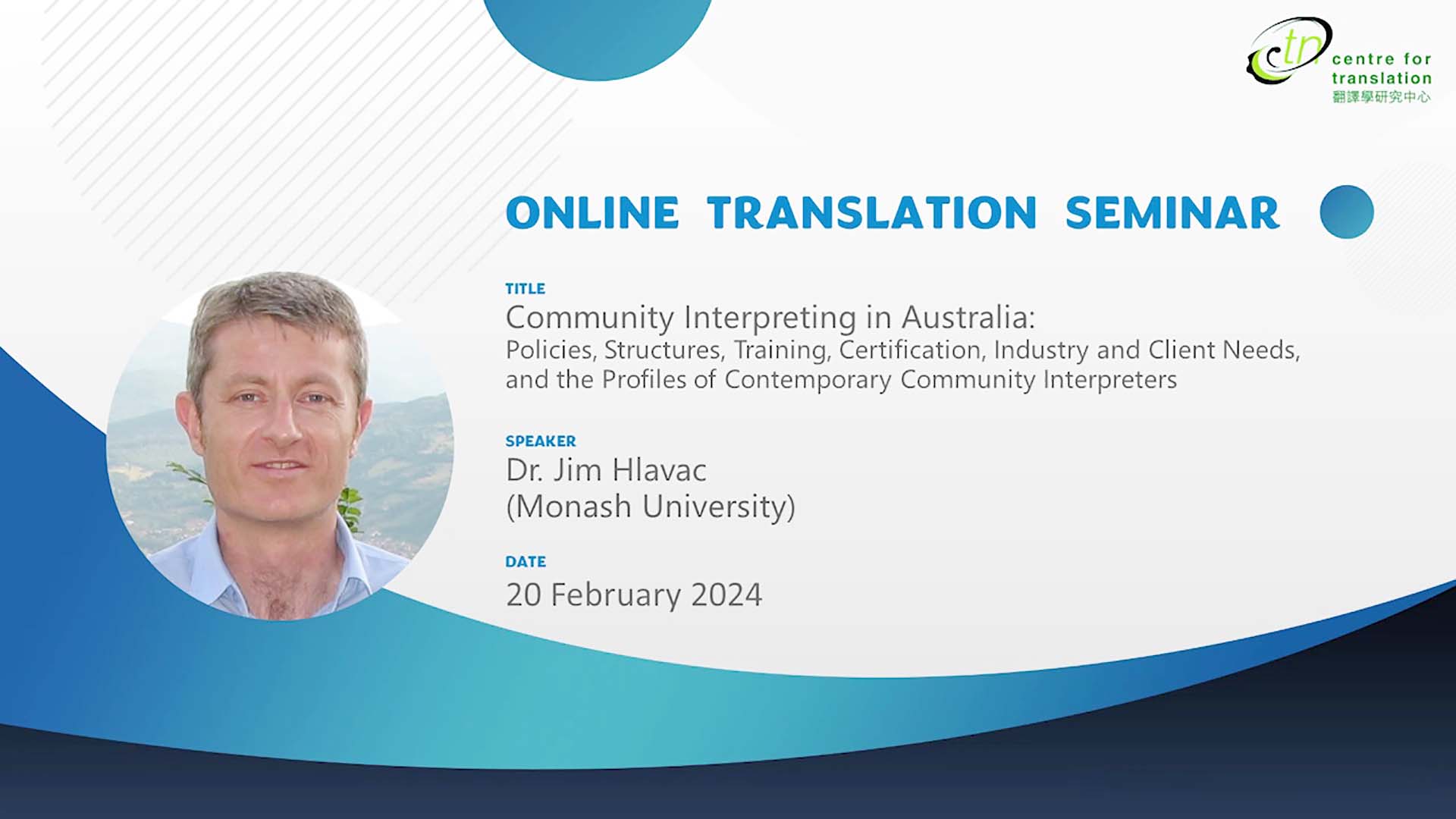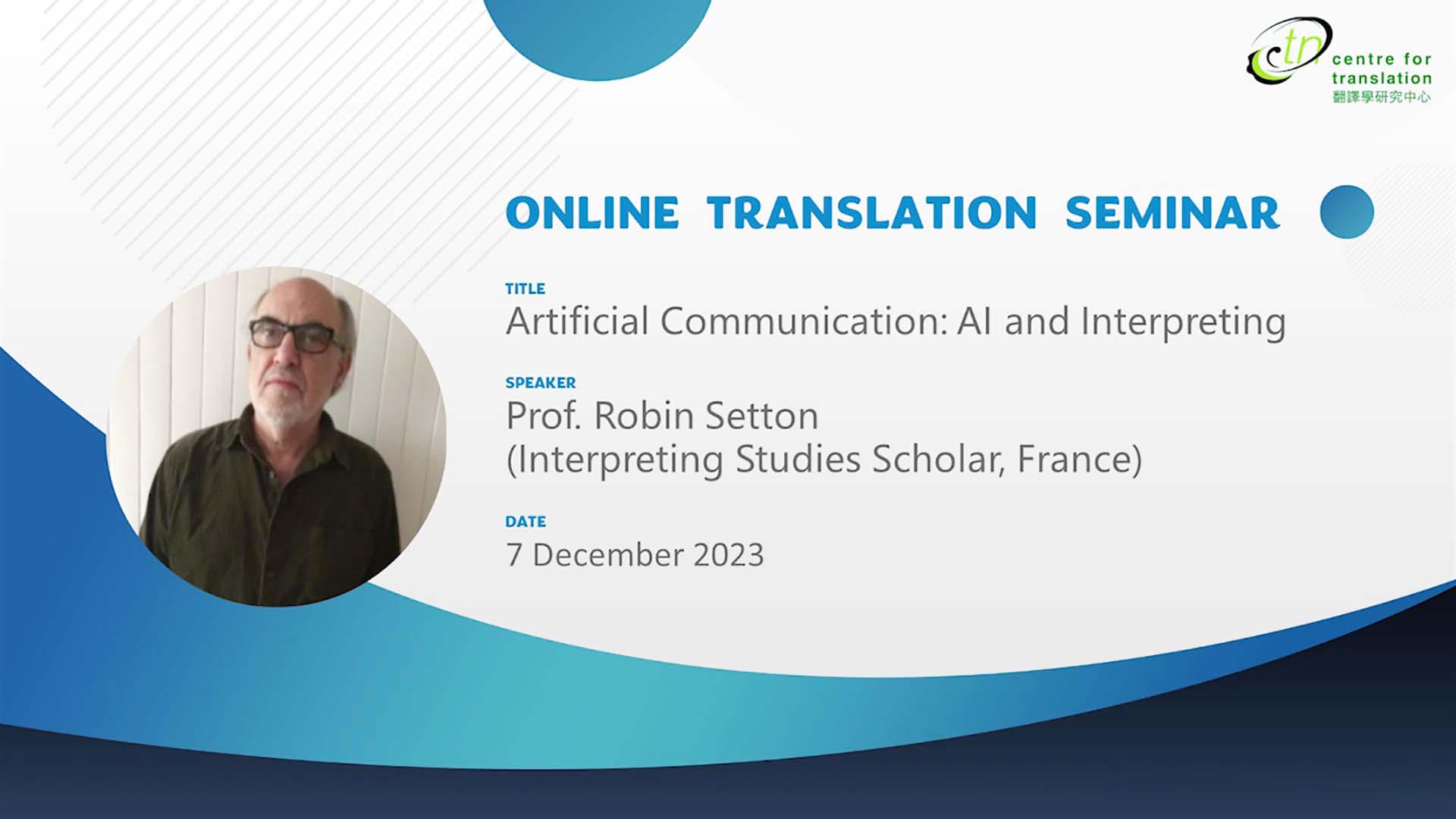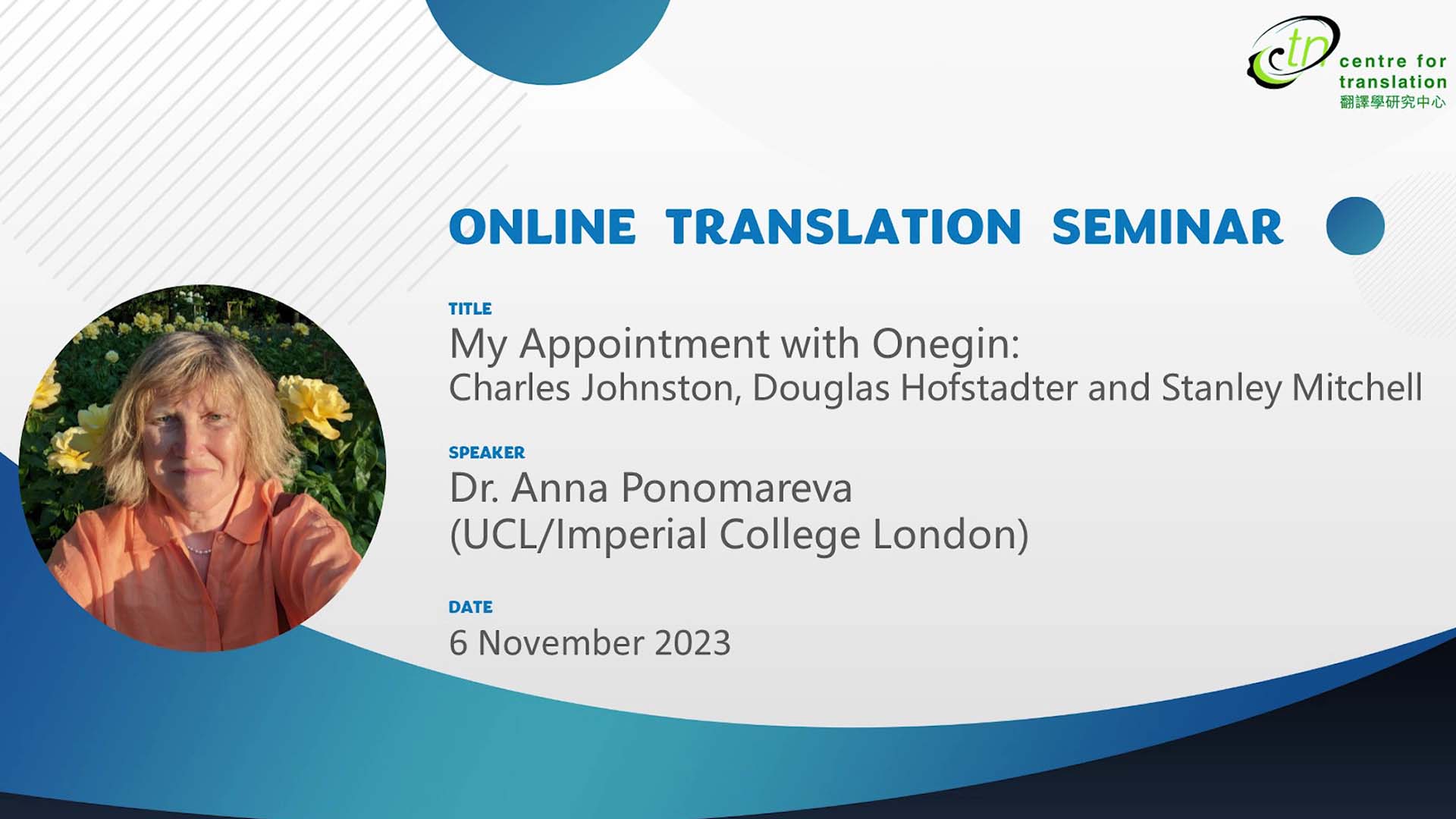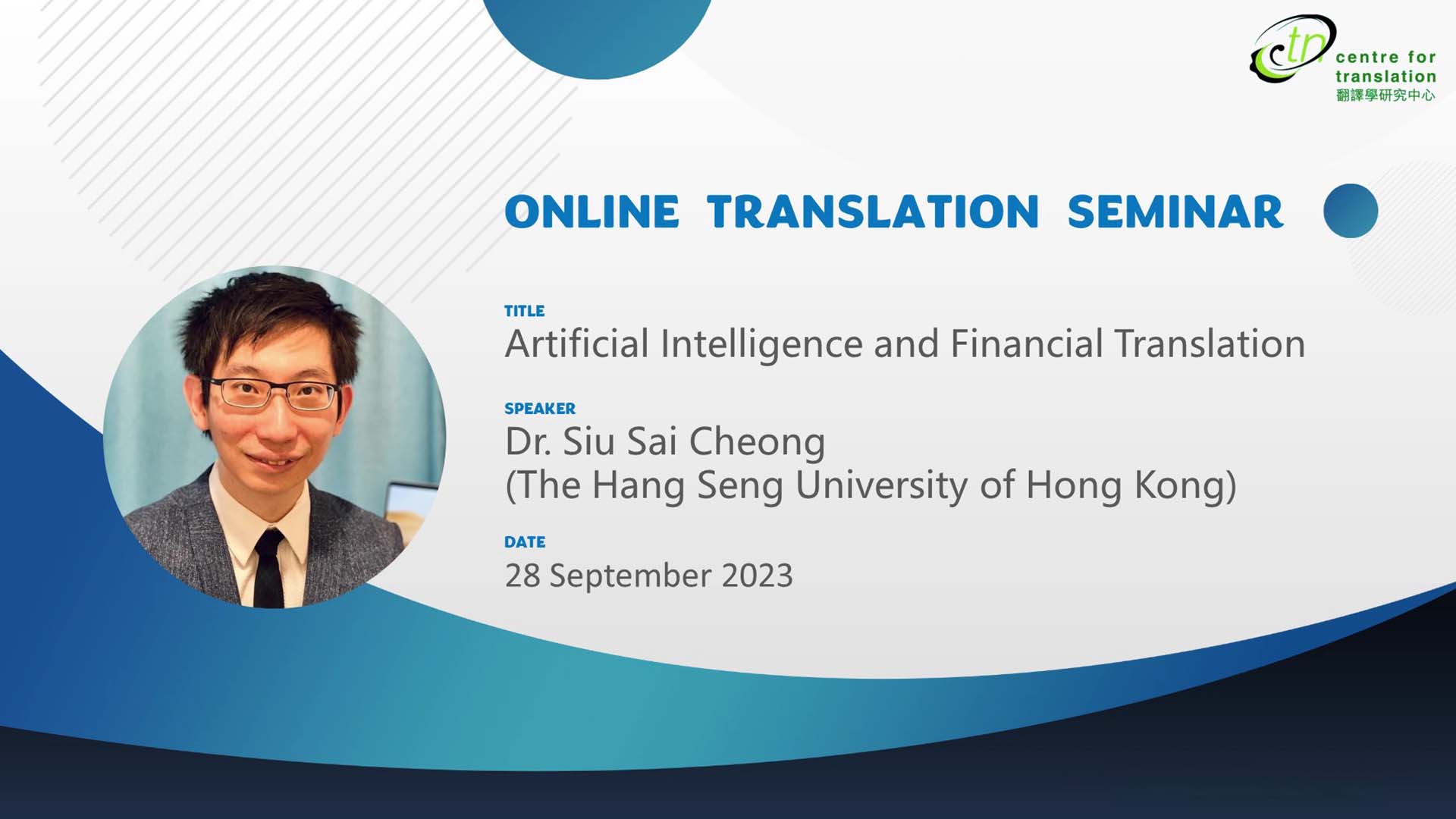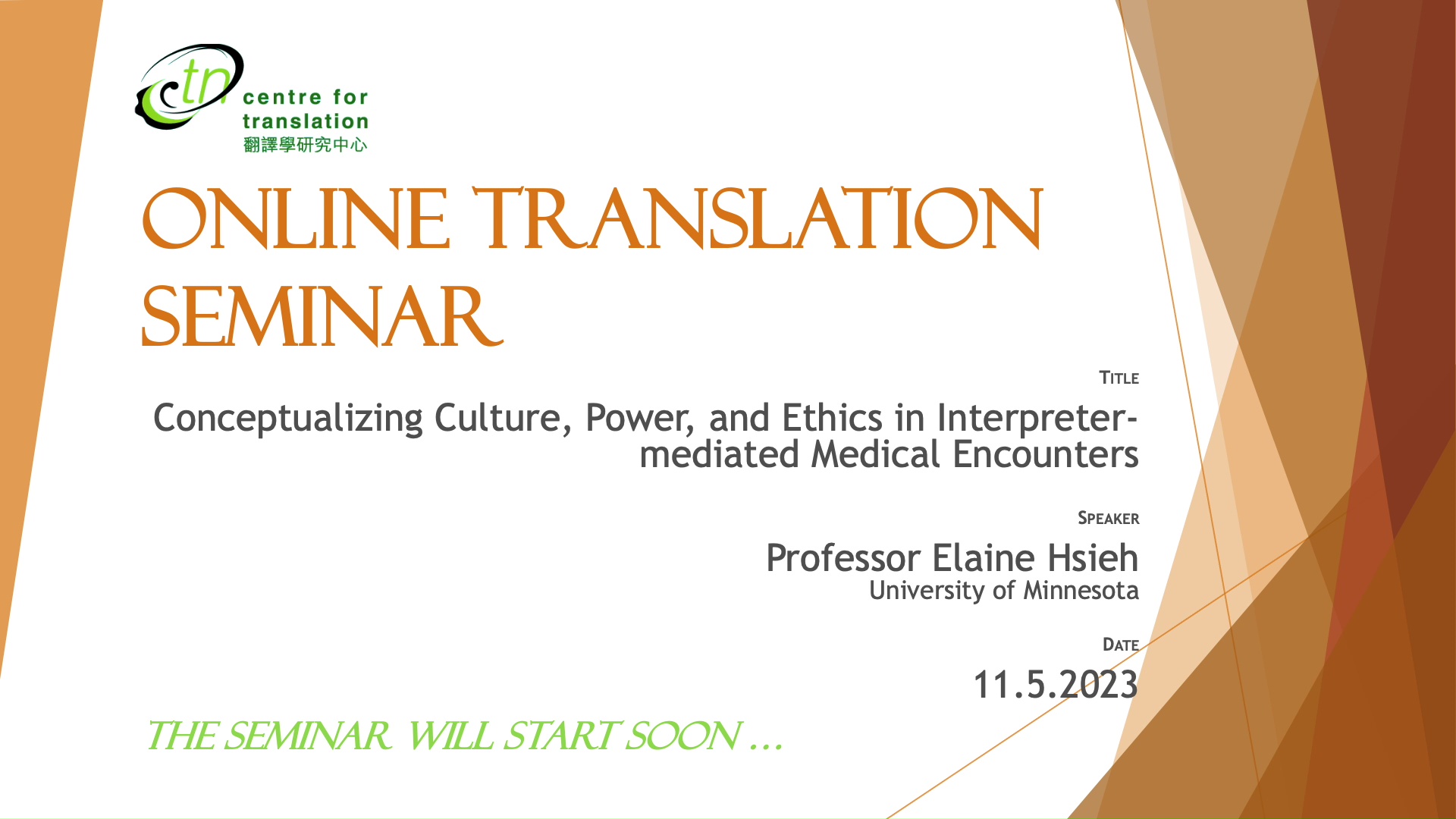Cognitive approaches to the analysis of political discourse are well established through the early discourse-oriented work, for instance in the body of work by Chilton (e.g. 2004) or van Dijk (e.g., van Dijk 2002, 2006, 2010) and the later integration of concepts and ideas from cognitive linguistics, starting with Lakoff (1996; 2004) and later represented by Hart (e.g., Hart el.al. 2012). This work provides a rich set of analytical tools to describe the role of context, situation, knowledge, and language use, and the cognitive end of the spectrum has concerned itself with the representation of knowledge (with reference to frames, schemas, mental models etc.), also to capture contextual influence (van Dijk 2006; 2010). In the work by van Dijk, in particular, the notion of 'cognitive constraints' is helpful in capturing the interaction of the social and cognitive domains.
Studies of translation and political discourse have in the main made use of the developing toolkit briefly sketched above. Consequently, many questions have been raised from a starting point in a discourse-oriented framework, with a focus on for instance, situating translators within the discourse, the professional responsibilities and roles of translators, critical discourse awareness, among other things (cp. Banhegyi 2015). At the cognitive end, there has been work on translation and metaphor (Schaeffner 2004; , Shuttleworth), though it would appear that cognitively oriented studies of political discourse have been rather few, and have not captured a broad range of cognitive phenomena.
At the same time as the developments sketched above, cognitive approaches to the study of translation and interpreting (Cognitive Translation and Interpreting Studies - CTIS) have shown an explosive growth within Translation and Interpreting Studies at large. The early descriptions of key characteristics of translation processes ("translation process research") are now evolving into more comprehensive models of translational cognition, and these models are tapping into areas far beyond accounting for knowledge structures and their relationship to language.
In my view, CTIS has much to gain by incorporating some of the broader theoretical insights of the discourse-analytical work mentioned above. If this is to be done, then it is my belief that two main issues urgently require particular attention, as they a part of the cognitive specificity of translating and interpreting. The two issues are: 1) metalinguistic knowledge and ability, and 2) the translator or interpreter's construal of the ongoing task. To put this in somewhat a theoretical terms, contextual constraints involving, e.g. the identity/role/status of the interlocutors, the political reality in which the discourse is situated, etc. will only impact a translator or interpreter's linguistic actions if she is *aware* of their relationship to various linguistic structures or alternatives. This is metalinguistic knowledge. Moreover, she will make her linguistic (translational) choices on the basis of her more or less active construal of the task she is engaged in. The issue of task understanding has received some attention within CTIS, but is not well understood as yet.
In sum, this talk will explore ways of adapting previous discourse analytical work, specifically the notion of context models (van Dijk 2006), to capture the specific needs of a broad cognitive theory of translation. The emphasis will be on what I consider to be two critical aspects of discourse processing which play out in specific ways in translation, the ability to tap into and make use of metalinguistic knowledge and the subjective task construal of the acting translator.
